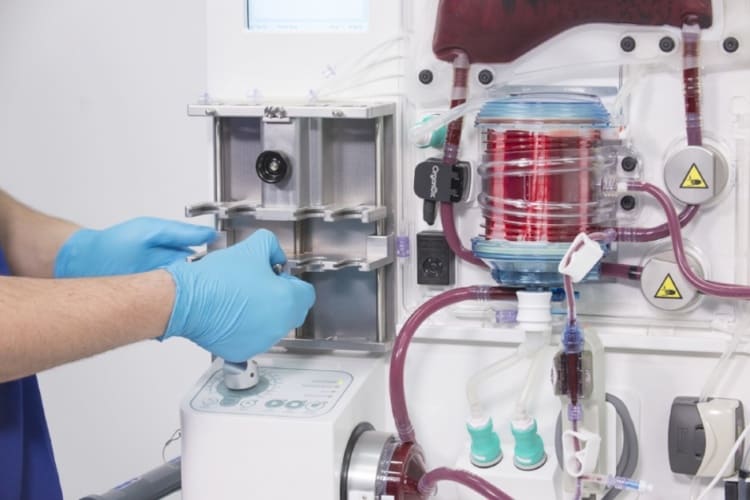Liver transplant tech shows life-saving potential
The number of livers available for transplant could be increased significantly using a new technology that preserves the organs at body temperature.

In a paper in the journal Nature, Oxford-based OrganOx has published the findings of a randomised, multinational clinical trial, in which transplanted livers were shown to function better when preserved with its metra device.
When a liver is donated for transplant, it is stored in an ice box. This slows the liver’s metabolism, helping to preserve it until it can be transplanted. However, the organ continues to deteriorate every second it is preserved on ice, limiting the length of time an organ can be stored to between six to nine hours, according to Andy Self, commercial director at OrganOx.
“When the liver is in an ice box, the surgeon has very little information to go on, he can’t assess the function of the liver, all he can do is look at the donor history and make a judgement call about whether to transplant it,” said Self.
Register now to continue reading
Thanks for visiting The Engineer. You’ve now reached your monthly limit of news stories. Register for free to unlock unlimited access to all of our news coverage, as well as premium content including opinion, in-depth features and special reports.
Benefits of registering
-
In-depth insights and coverage of key emerging trends
-
Unrestricted access to special reports throughout the year
-
Daily technology news delivered straight to your inbox










Water Sector Talent Exodus Could Cripple The Sector
Maybe if things are essential for the running of a country and we want to pay a fair price we should be running these utilities on a not for profit...